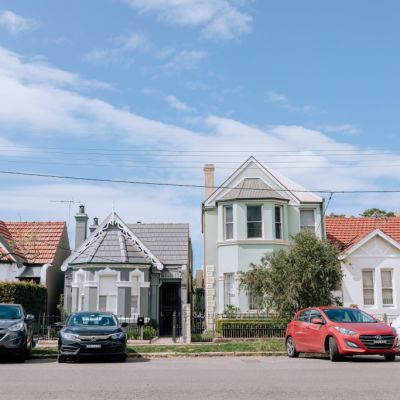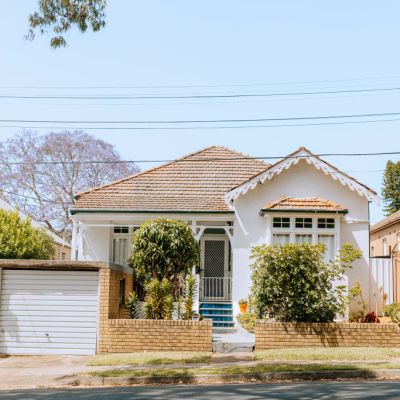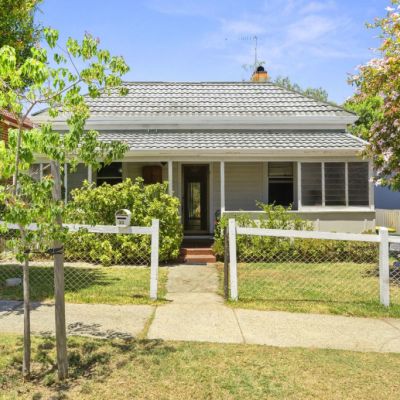Opportunities for buyers: What you need to know to buy a home before prices rise again

At a time when property prices are softening in many parts of Australia, the rising interest rate cycle appears to be nearing its end and it’s taking less time to save up a deposit, this could be the perfect time – finally – to buy.
And those looking to get into the market shouldn’t be put off by the fact that there are fewer homes on the market and prices aren’t down uniformly everywhere.
“I think, all things considered, that this can be a great time to get into the market, but buyers just have to put more effort in,” said Domain Home Loans chief executive Kareene Koh. “They need to be prepared to do more of the hard yards.”
“They also need to remember that buying a house or a unit to live in means making sure it will suit their lifestyle for the next decade. It’s not about whether it’ll make them money if they sell in two years. It’s a long-term decision.”
What’s happening with property prices?
Australia’s property downturn has slowed, according to the last Domain House Price Report.
House prices have fallen from their 2022 peaks in most capital cities, down by 11.3 per cent in Sydney, 5.6 per cent in Melbourne, 6.6 per cent in Brisbane, 6.7 per cent in Canberra 4.7 per cent in Darwin and 3.8 per cent in Hobart. Only Adelaide and Perth remain at the same level.
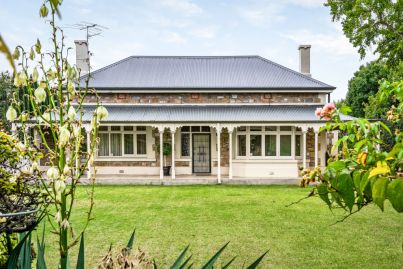

At the same time, because of the price falls, and savings earning a higher rate of interest, it’s now 13 months quicker than it was this time last year to save a 20 per cent deposit for an entry-level house in both Sydney and Canberra. It’s 11 months less in Brisbane, nine months less in Melbourne, four months less in Hobart, and a month less in Perth.
Of course, no one yet knows whether the market has truly bottomed, but experts agree that this could be an excellent opportunity to buy well, before prices start to bounce back.
“Whether the market has hit bottom and is on the turn is always unknown at the time, but certainly the headwinds we’d been expecting from people coming off fixed-rate loans to variable haven’t materialised,” said Domain chief of research and economics Dr Nicola Powell. “The RBA [Reserve Bank of Australia] estimates that 65 per cent of mortgages are now variable and we haven’t seen the distress selling some predicted.
“So although some areas have seen deeper declines than others, and there are others with slower rates of price growth, with the RBA possibly pausing the rate hikes, they do present opportunities for potential buyers and upgraders. In addition, in a slowing market, they can take more time over their decisions.”
What should I do to prepare before buying?
There are plenty of things buyers should be thinking about doing now, before they splash the cash. First of all, they should check out any grants they might be entitled to, particularly first-home buyers, and then start educating themselves about market values, in order to find good properties at great prices and avoid the duds.
Scott Aggett of property negotiators Hello Haus tells his clients to define clearly their target property types and their preferred locations, taking note of any school catchment areas that can drive up the value, and working out the best streets.
“Then they should inspect at least 50 properties in the flesh before they decide to go into the market, so they can start learning about the kind of places on offer,” Aggett said.
“As well, they should track all the sales results, writing down the price guide they’re given at the front door and comparing that to the prices they eventually go for. That will give them a good idea about market values. They should also attend auctions to get familiar with the process.”

It’s important to get their finances in order, and maybe shed any bad investment properties they might have so they can invest in a better buy this time around, he added. They can talk to mortgage brokers, negotiate the loan’s fixed charges, and then set off with pre-approval, ready to pounce if they find a good deal.
Are good homes hard to find?
A major difficulty is, however, the lack of stock currently on the market, said Richardson & Wrench managing director Andrew Cocks. That can put a lot of buyers off, but it’s important to stay focused.
“Volumes are low, but there can still be bargains around,” he said. “It’s important to talk to agents about what’s on the market and what might be coming up, and be open and honest about what you’re looking for so they’re clear about your objectives.”
“Don’t play games with them. The agent wants a deal so they’ll help you as much as they can.”
Cocks also suggested that buyers be flexible with their choices, for instance being prepared to look at neighbouring suburbs, where homes might be more affordable.
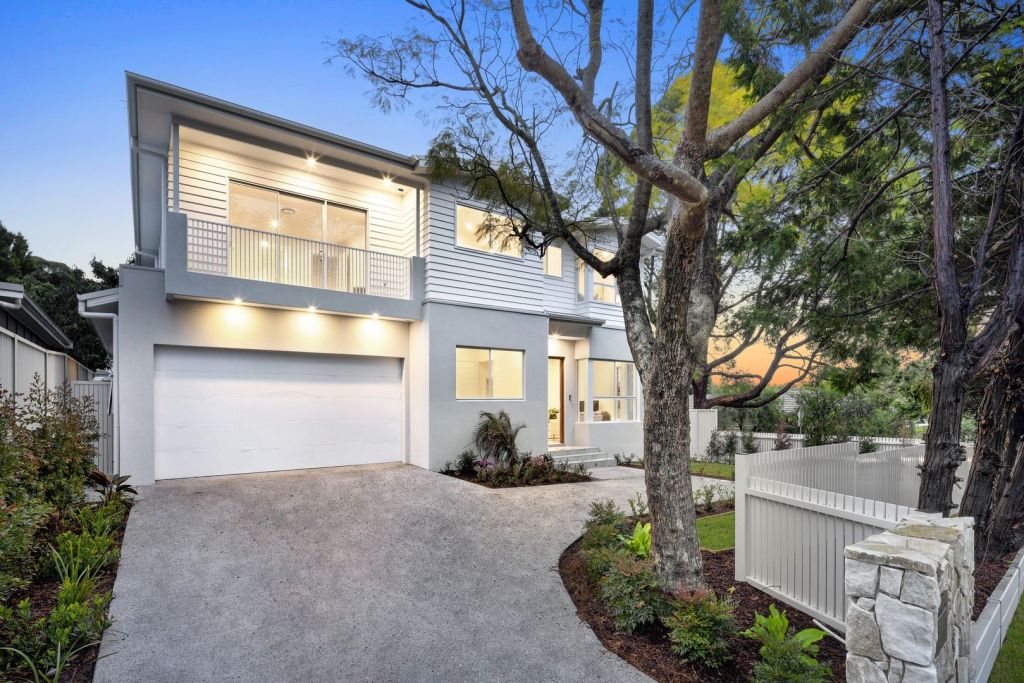
Buyer’s agent Michael Connolly of Connolly & Walker is another who recommended that buyers talk to agents, particularly buyer’s agents, especially as many sales happen off-market.
“A tight market requires a buyer to do more legwork – or to persuade agents to do it for them,” Connolly said. “Don’t be afraid to let them know what you want and what your budget is. You might be surprised at what they can come up with. “
“We’re inspecting a lot of off-market properties at the moment, and buyers need to be patient about that. It can be a huge advantage to buy without competition.”
Koh also urged buyers to be prepared to compromise if they couldn’t find exactly what they want within their price range.
“As well as looking in a nearby suburb, they could also look at a smaller house, or at a unit instead of a house,” she said. “Buyers need to be prepared to get their head around what might be feasible.”
We recommend
We thought you might like
States
Capital Cities
Capital Cities - Rentals
Popular Areas
Allhomes
More

